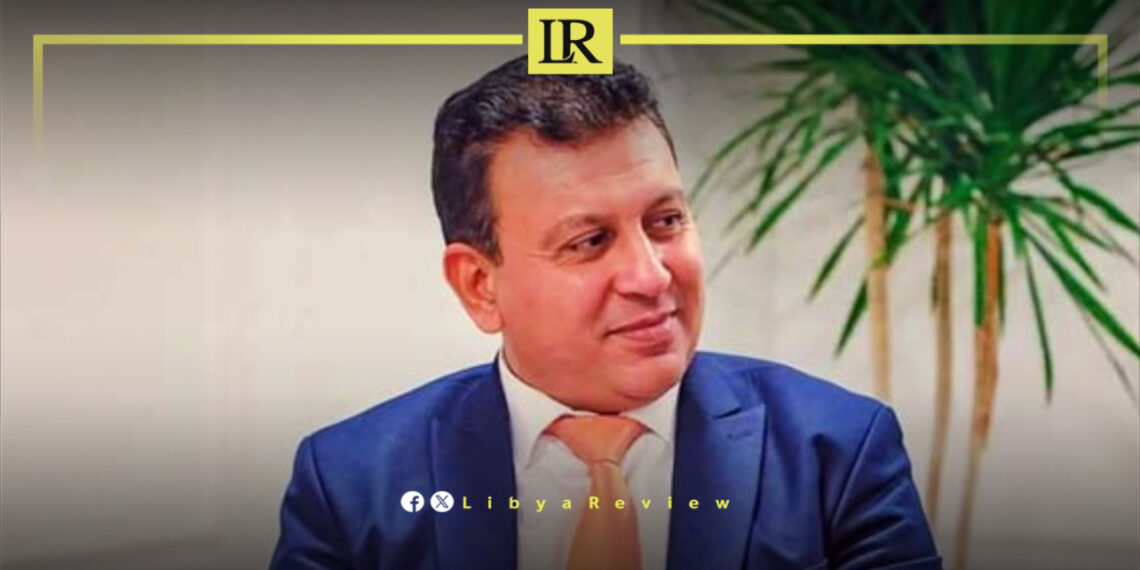The Libyan government, appointed by the House of Representatives, has strongly condemned the reported abduction of Minister of State for Legislative Affairs, Mohammed Suleiman Bouzqeia, by an armed group linked to the Joint Force in the city of Misrata. According to the government’s statement, the incident occurred while the minister was visiting his family.
In its official statement, the government denounced the act as a serious violation of individual freedom and security within Libya. Despite ongoing political divisions and tensions, the government reaffirmed its commitment to separating political rivalries from personal freedoms, emphasizing that all Libyans should have the right to move freely across the country.
The statement further condemned the extrajudicial nature of the abduction, warning that such actions undermine social stability and the safety of Libyan citizens, regardless of their political affiliations or official roles.
The Libyan government called on the relevant authorities to take immediate action to ensure the safe and unconditional release of Minister Bouzqeia. It also urged all parties to respect the rule of law and refrain from acts that threaten national unity and security.
Libya has been in chaos since a NATO-backed uprising toppled longtime leader Muammar Gaddafi in 2011. The county has for years been split between rival administrations.
Libya’s economy, heavily reliant on oil, has suffered due to the ongoing conflict. The instability has led to fluctuations in oil production and prices, impacting the global oil market and Libya’s economy.
The conflict has led to a significant humanitarian crisis in Libya, with thousands of people killed, and many more displaced. Migrants and refugees using Libya as a transit point to Europe have also faced dire conditions.
The planned elections for December 2021 were delayed due to disagreements over election laws and the eligibility of certain candidates. This delay has raised concerns about the feasibility of a peaceful political transition.
Despite the ceasefire, security remains a significant concern with sporadic fighting and the presence of mercenaries and foreign fighters. The unification of the military and the removal of foreign forces are crucial challenges.


